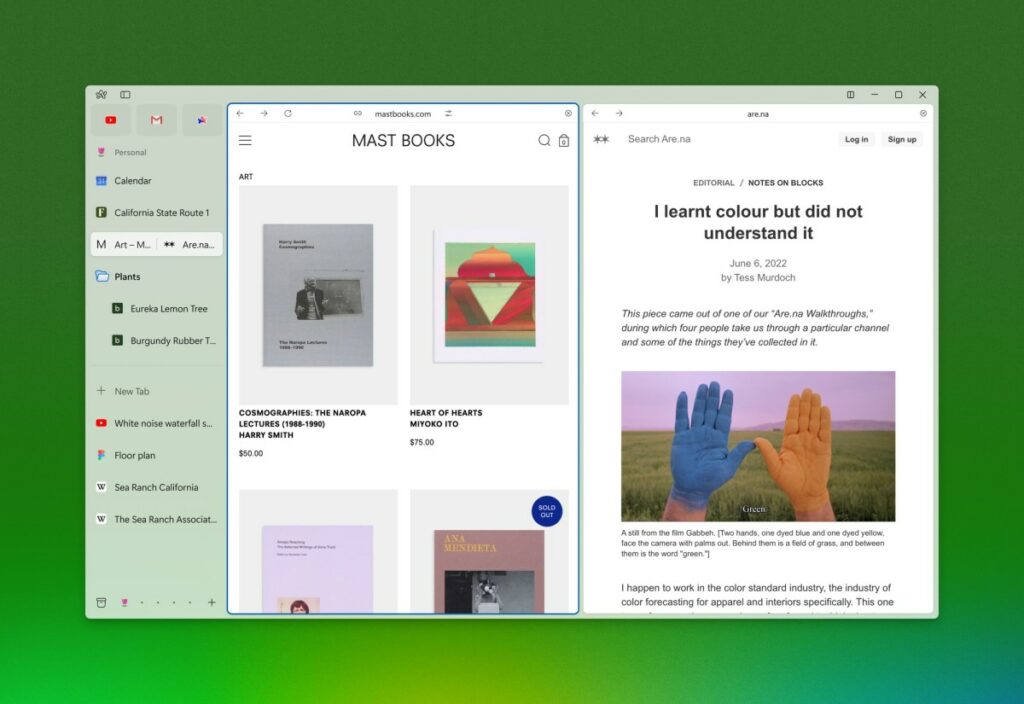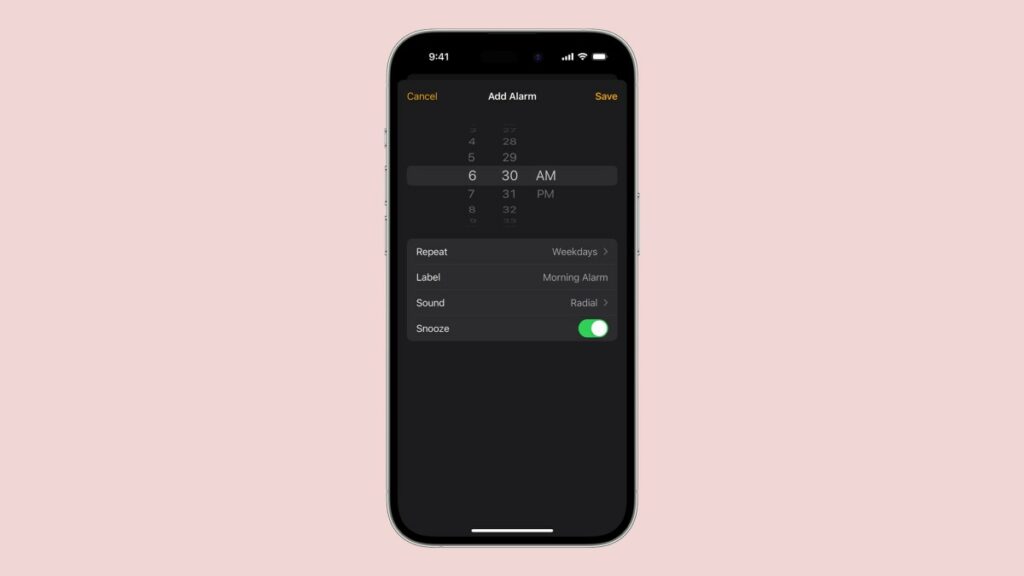AstroPay has been around since 2009. The bootstrapped company currently has 320 employees and is profitable. And yet, it’s not a name that comes up often in startup news.
The company originally started its life as a payment service provider focused on Latin America — an alternative payment method that you would find next to the PayPal or card buttons on checkout pages.
Now, the company wants to expand beyond its roots and become a global consumer fintech product, a multi-currency wallet paired with a payment card so that you can pay, send and receive money from your phone. The company also offers savings accounts.
In many ways, the new AstroPay app and website look and feel a lot like Wise, the London-based fintech company that offers multi-currency accounts as well as a currency exchange service. Wise has been particularly popular with family members working abroad and sending remittances, freelancers billing companies in other currencies, small companies working with foreign suppliers, frequent travelers, or students moving abroad for a gap year.
But the AstroPay team still believes it should be easier to send money abroad, or receive money from abroad. According to them, the majority of cross-border payments take at least 24 hours to arrive. Sometimes, customers even have to talk to a bank’s support agent to send money abroad. And, of course, it can be expensive.
“There is no such thing as a global bank, at least not yet. And that’s basically what we’re trying to do here at AstroPay,” AstroPay CEO Marc Sacal told me. He previously co-founded Arcus, a fintech company that was acquired by Mastercard.
“So our product is like a global digital bank that enables anyone being an individual or a business to save, send and spend money everywhere,” he added.

Unlike Wise, AstroPay also has a merchants network from its existing payments solutions business. If a merchant decides to accept AstroPay, customers can pay with AstroPay directly on the merchant’s website or app.
AstroPay charges fees for those B2C transactions. And it plans to subsidize its multi-currency wallet product thanks to those fees, meaning that customers should get good exchange rates thanks to B2C transactions in Latin America.
“So we make money when people swipe the card — the interchange fees — when people hold the money in the wallet from the yield that we can get, and when people use their wallet balance to pay directly with the merchant as we charge the merchant,” Sacal said.
That’s why the AstroPay wallet should work particularly well in LatAm markets where it already has a merchant network. AstroPay is supported on Booking.com as well as food delivery service Rappi and iFood.
“We’re very, very strong in emerging markets,” Sacal said. “And a great example of a product we’re doing is in Brazil, where the local payment method is Pix. It’s instant, real time. That’s what everybody uses. For merchants, that’s what they prefer to accept over card payments . . . And when you go to Brazil with AstroPay, you can use Pix.”
AstroPay currently operates in around 25 countries. In addition to Latin America, the company is expanding to Europe as many Latin American workers move to Europe to find new work opportunities. They might need to get European banking details (IBAN) and send money back home.
That’s why the company recently secured an Electronic Money Institution (EMI) license in Denmark. In addition to Denmark, AstroPay will soon start accepting customers in Spain and Portugal. By the end of 2025, AstroPay will accept customers in Germany, France, Italy and Poland.
AstroPay itself has teams in Argentina, Brazil, Colombia, Peru, Uruguay, the U.K., Denmark, Spain, India, etc. “The team is a reflection of that company we’re building as well. So we are 320 people and we’re spread out around the world,” Sacal said.


